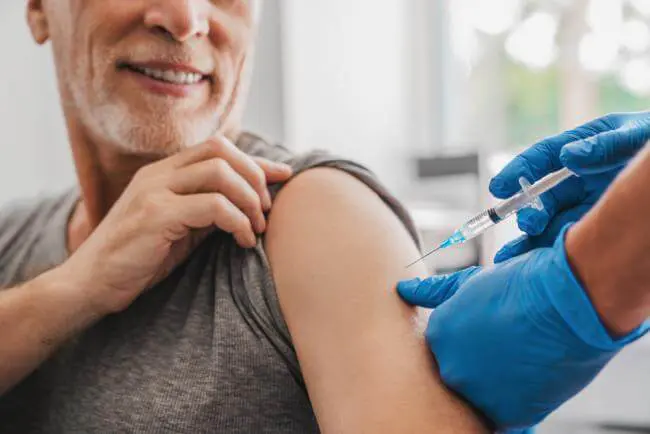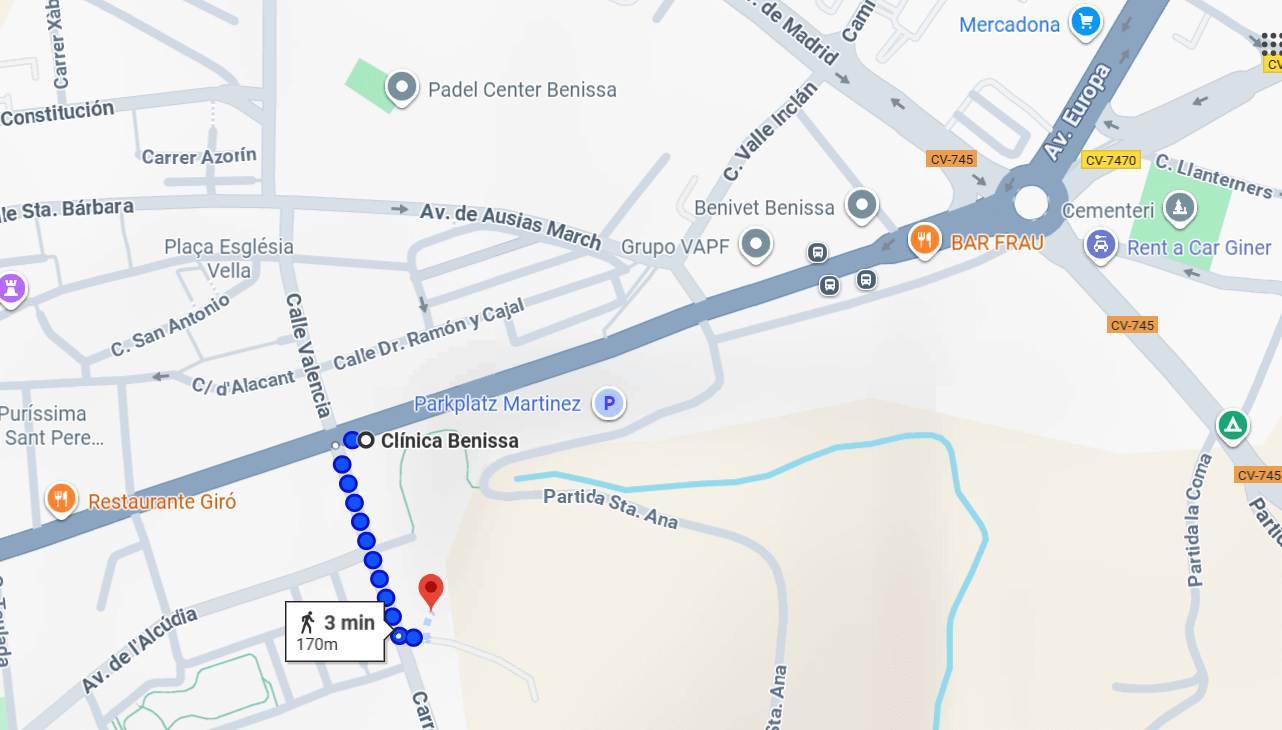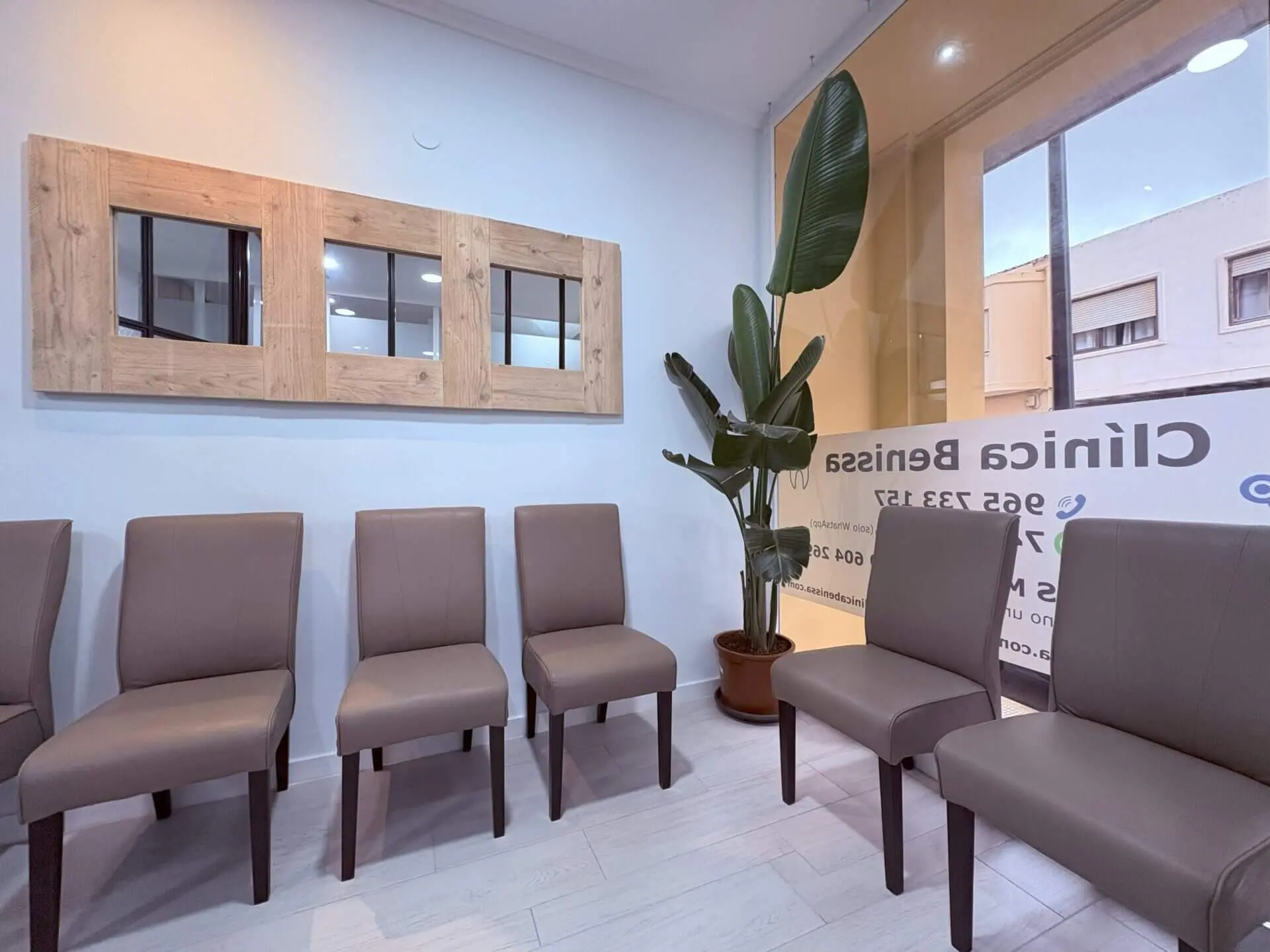[et_pb_section bb_built="1″ admin_label="section"][et_pb_row admin_label="row"][et_pb_column type="4_4″][et_pb_text admin_label="Tekst"]Given the avalanche of telephone and e-mail enquiries generated by the issue of Influenza A H1N1 and its vaccination campaign, we will try to offer you every few days an update on the available data and the recommendations of the Ministry of Health and the Generalitat. As you know, in each European country there are different rules and guidelines. Here we will tell you about the situation in Spain and more specifically in the Valencian Community. First of all, it should be borne in mind that influenza A H1N1 generally develops in a mild form and it is neither necessary nor advisable for everyone to be vaccinated. Influenza A H1N1 presents with symptoms like any other flu (fever, cough, muscle pain, headaches, sore throat, sometimes nausea and diarrhoea) and is generally milder than seasonal flu, although it seems to be more contagious (possibly because it is a 'new' virus, immunity in the population is low).
What do I do if I have flu symptoms? Stay at home, rest and drink plenty of fluids (at least 1.5 litres a day). If you do not normally have any health problems, it will pass within a week. Stay away from crowded places (waiting rooms!), avoid touching your eyes, nose or mouth. Wash your hands regularly. Sneeze into disposable tissues. Contact your doctor if you have a fever for more than 5 days (children over two years old after three days of fever and children under 2 years old when the first symptoms appear). If you develop a fever again after a few days or if you have difficulty breathing, contact your doctor. If you belong to one of the risk groups, please contact your doctor.
Who should be vaccinated? Vaccination is voluntary and logically each individual must decide as he or she sees fit. We do not intend to decide for you. The four groups at risk are healthcare workers, staff of essential public services (State Security Forces and Corps, firefighters, civil protection services, people working in emergency health services and refugee and immigrant care centres), pregnant women and the chronically ill from six months onwards. The latter group includes minors or adults suffering from chronic cardiovascular diseases (excluding hypertension), respiratory diseases, type I and type II diabetes with pharmacological treatment, moderate or severe renal insufficiency, moderate or severe haemoglobinopathies and anaemias and asplenia. Also included are advanced chronic liver diseases, severe neuromuscular diseases, patients with immunosuppression, morbidly obese people (with a body mass index of 40 or more), as well as children under 18 years of age receiving prolonged treatment with acetylsalicylic acid, due to the possibility of developing Reye's syndrome.
When does vaccination start? Vaccination is scheduled to begin on 16 November at the national level. It should be borne in mind that there may be different starting dates in the different Autonomous Communities. The Valencian Community has just confirmed the date: www.antelagripeactua.gva.es/inicio.
Where do you vaccinate? Vaccination will be carried out in health centres and only for at-risk groups.
- Every patient from a risk group resident in Spain with a SIP card can go to the health centre to request the vaccine. If you do not have a record at the health centre, you should ask for a report of your medical history, drawn up by your general practitioner.
- If the patient is resident in Spain and does not have a SIP card or private insurance, he/she must go to the Health Centre with a certificate of census registration, previously requested at the Town Hall, and a report of his/her medical history, drawn up by his/her general practitioner.
- Residents without a SIP card but with private insurance must come to the Health Centre with a medical history report from their GP and full details of their private insurance and their identity document. The Health Centre will deal directly with the private insurance company for the payment of the vaccine.
- (New:) If the patient is not a resident, but has the European Health Insurance Card EHIC, he/she can present him/herself at the Health Centre with a report of his/her medical history drawn up by his/her general practitioner. If you do not have such a report, you must make an appointment with the doctor at the Health Centre.
Once there are guarantees that the vaccine doses needed to cover all at-risk groups are available, the vaccine will be made available to anyone who wants it on prescription. It is estimated that single-dose vaccines suitable for individual sale in pharmacies will be available by the end of December.[/et_pb_text][/et_pb_column][/et_pb_row][/et_pb_section].



